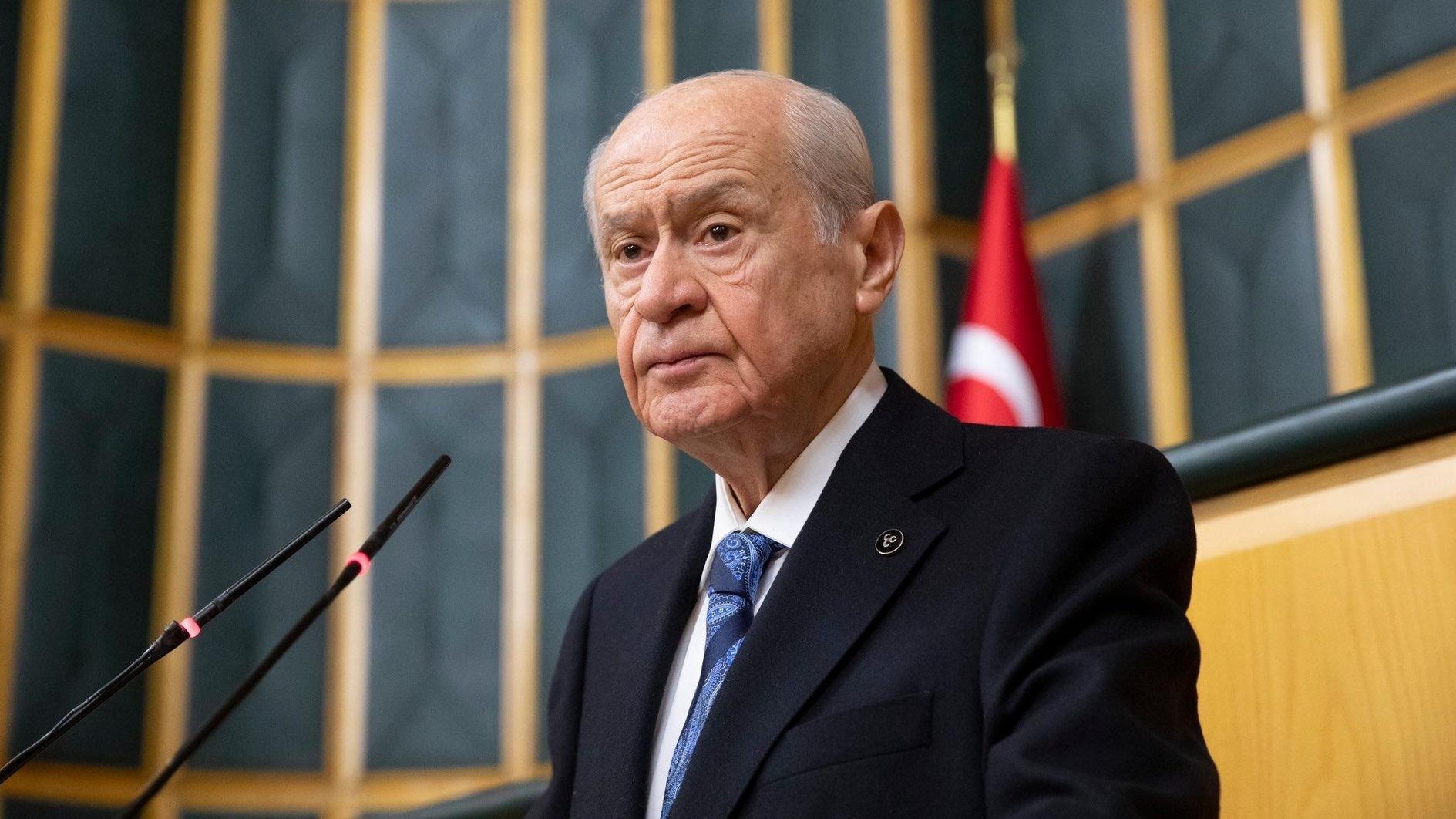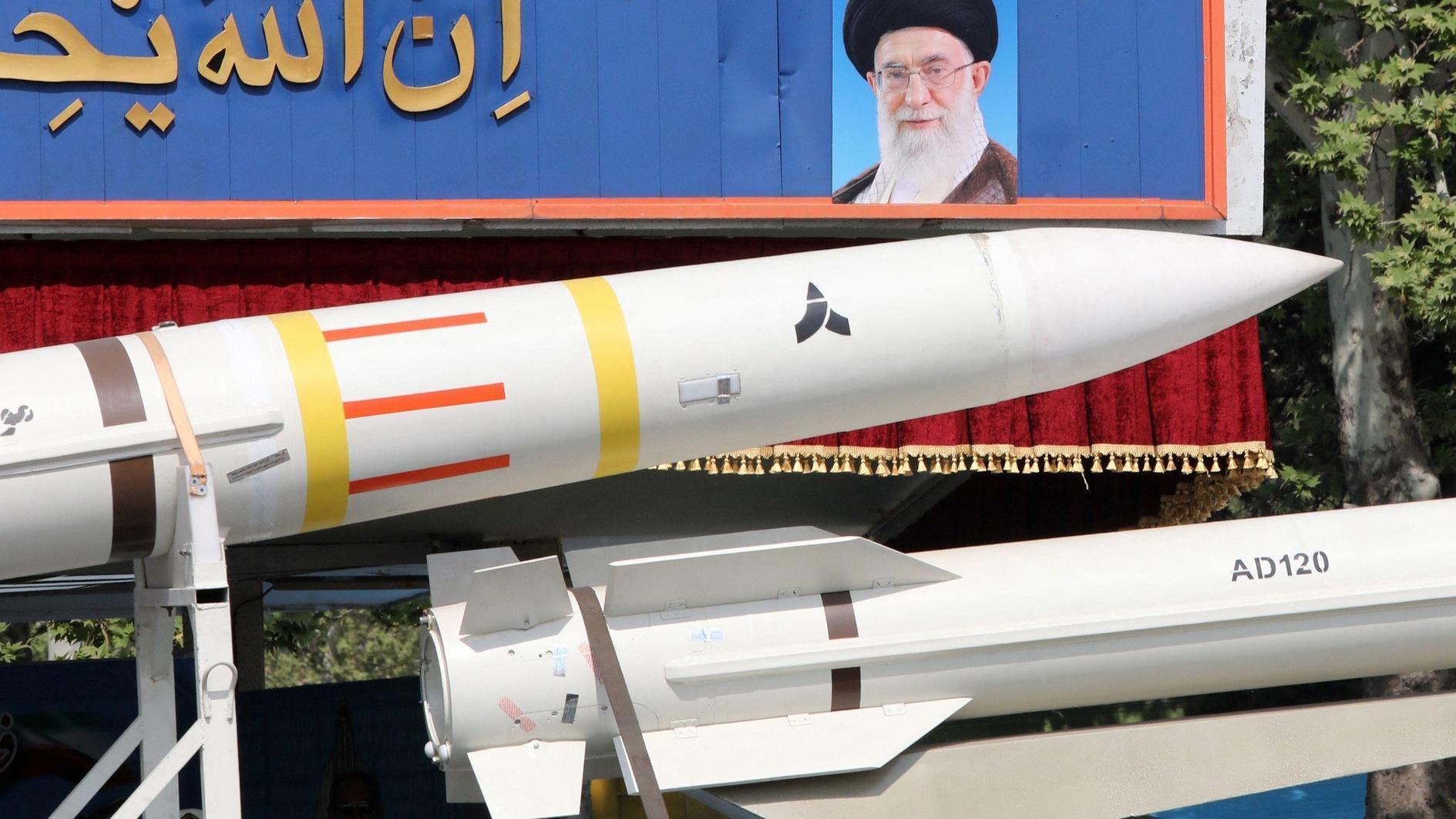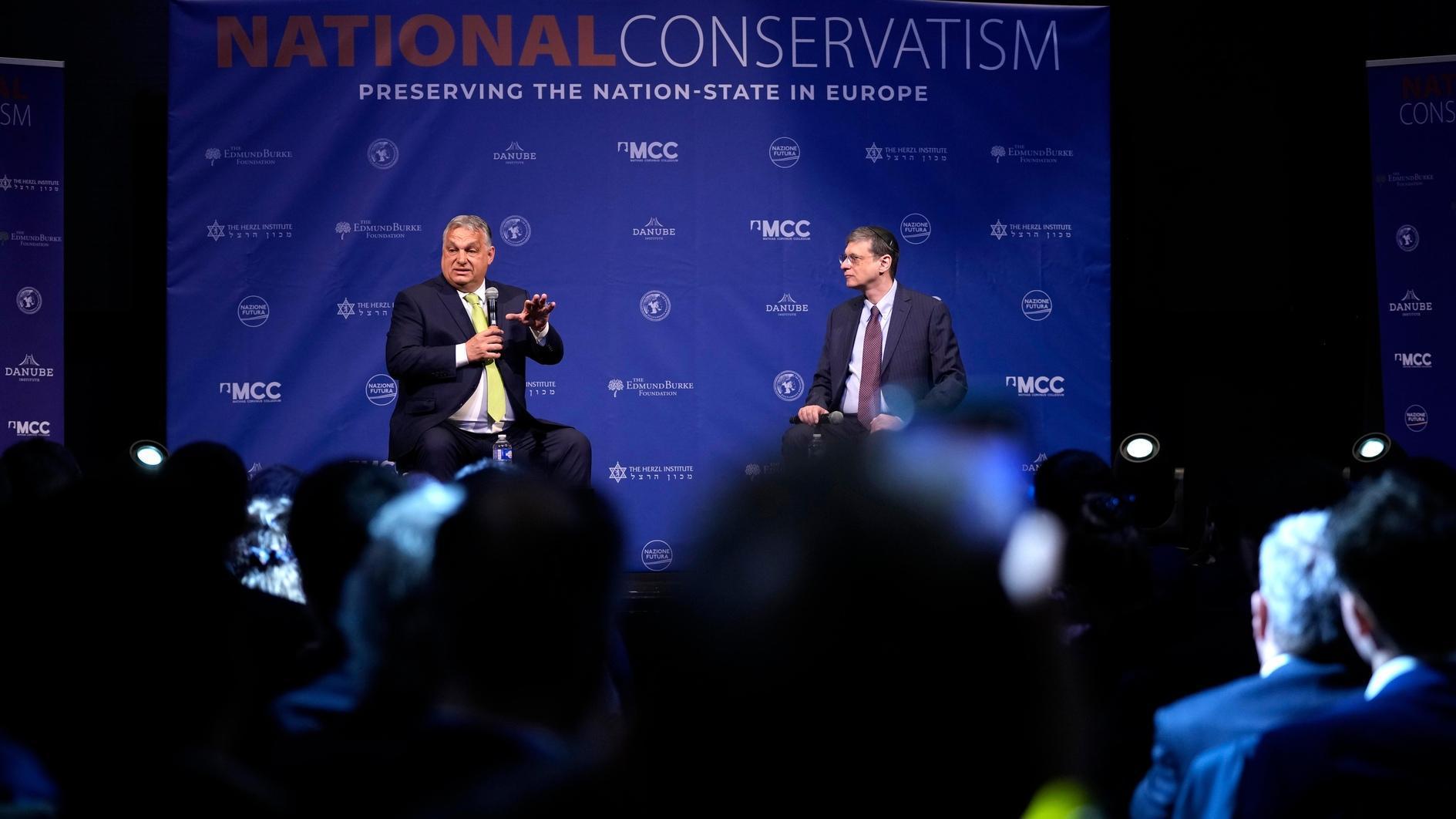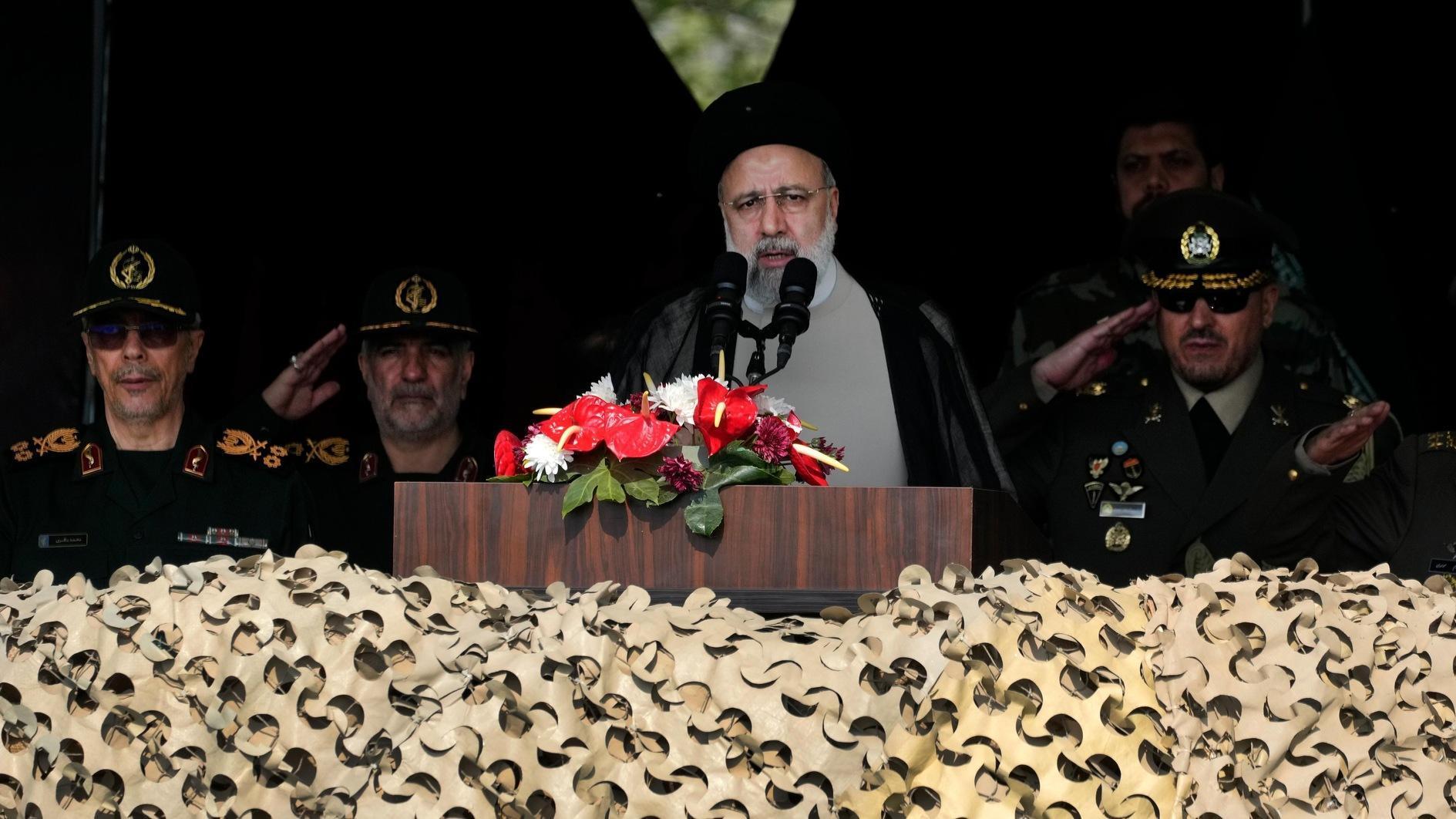British government mulls Scottish independence vote
LONDON - Agence France-Presse
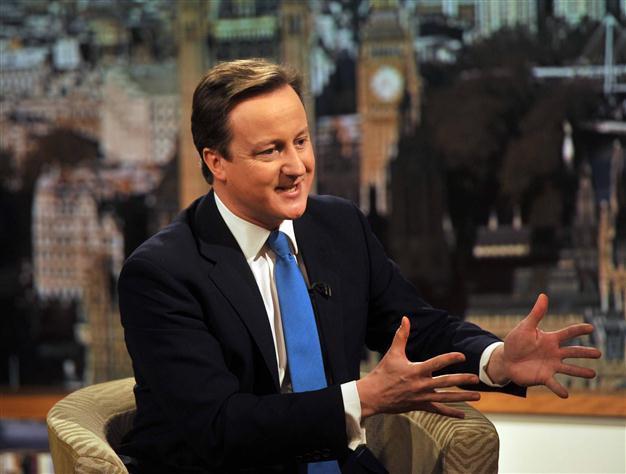
Britain's Prime Minister David Cameron appears on the Andrew Marr Show at BBC Studios in London January 8, 2012. REUTERS Photo
The British government discussed proposals Monday to give the Scottish government the legal powers to hold a referendum on independence, which could happen within the next 18 months.Prime Minister David Cameron said a referendum should be held soon because the uncertainty about the issue was damaging Scotland's economy, although he remains strongly opposed to the break-up of the United Kingdom.
Scotland's deputy first minister Nicola Sturgeon, of the pro-independence Scottish National Party (SNP), accused Cameron of "a blatant attempt to interfere" in an issue that should be decided by Scotland and its people.
In elections in May, the SNP led by Alex Salmond won the first overall majority in the Edinburgh parliament since it opened in 1999, and promised to hold a referendum on independence.
Cameron said ahead of a cabinet meeting at which the issue was discussed that the uncertainty about the independence issue could have economic consequences.
"This is very damaging for Scotland because all the time business is asking is Scotland going to be part of the United Kingdom, are they going to stay together, should I invest?" he told Sky News. "And we're beginning to see companies asking those questions.
"But we're not going to dictate this... we've got to resolve this legal uncertainty and then try and work with the Scottish government on making sure there's a fair, clear and decisive outcome." It is believed the British government will confirm Monday that the London parliament could give its backing for a binding referendum, although with certain conditions.
These include that the referendum be held within 18 months, rather than the 2014 date planned by the SNP, and that it contain a simple question of whether Scotland should remain in the UK rather than multiple options, reports say.
The SNP has said it wants the vote in 2014 to coincide with the 700th anniversary of the Battle of Bannockburn, a famous Scottish victory over the English.
Any decision is likely to heighten the already open hostility between Cameron and Salmond.
Speaking Sunday, Cameron claimed that Salmond knew "that the Scottish people at heart don't want a full separation from the United Kingdom".
"So he is trying to sort of create a situation where that bubbles up and happens, whereas I think we need some decisive action so we can clear up this issue." His comments drew a furious response from the SNP.
Sturgeon said: "This is a blatant attempt to interfere in a decision that is rightly one for the Scottish government in terms of the timing of the referendum, and for the Scottish people in terms of the outcome of the referendum." Salmond made it clear following his election success in May "that our position was to have a referendum in the second half of the parliamentary term", Sturgeon recalled.
"This is clear in Scotland, it always has been clear. And frankly the Westminster government should accept that this is a decision not for them but for the Scottish government and the Scottish people." Cameron said Sunday that he would be "desperately sad" if Scotland broke away from the United Kingdom, which he described as "one of the most successful partnerships in the history of the world".
The Scottish parliament currently has power on matters such as education, health, the environment and justice.
Key areas including foreign affairs and defence are still controlled by the British government in London.


